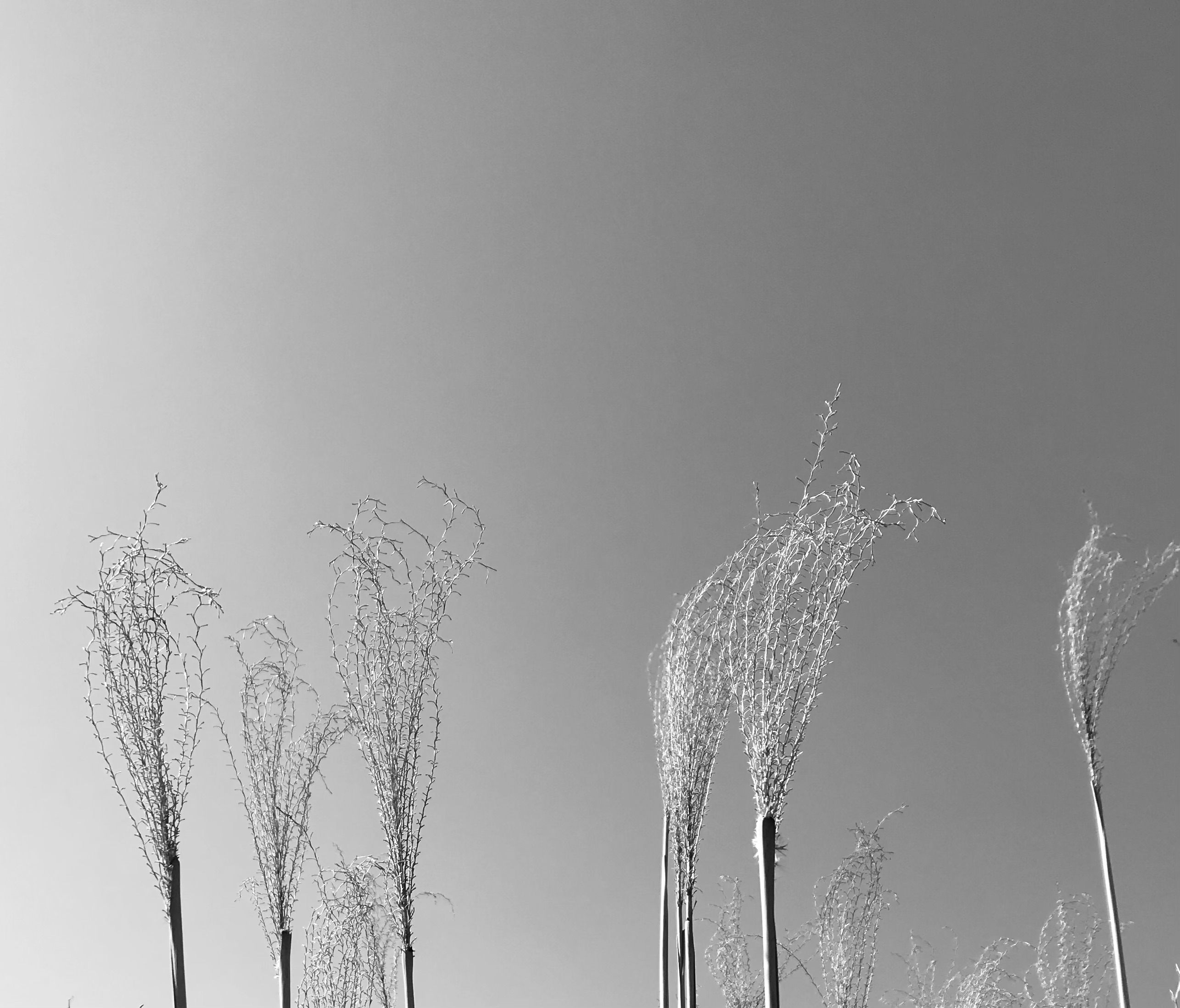I no longer aspire to be an award-winning multitasker. For years, I have been bragging, mainly to myself, about my advanced multitasking skills, cultivated through years of answering and satisfying expectations. My expectations, other people’s expectations. But no more than a year ago, I started wondering: is multitasking obsolete?
Motherhood made me realise that multitasking is not a viable way to live a quality life. At least not in a fashion compatible with my needs, wants, and the notion of leading a prosperous life.
Soon after my son’s birth, I returned to doing what I knew best: multitasking. Executing multiple tasks simultaneously in the company of stress, exhaustion, frustration, anger and internal screaming and crying. The day just didn’t have enough hours to complete all the tasks. Or maybe, I didn’t have enough energy by the end of the day to keep going.
Four months well into motherhood, I began questioning the relatively modern culture around the concept of multitasking. I knew the only achievement from multitasking was eventually half-completed jobs and high-stress levels. Yet, western society expects us to be a 24/7 machine that works, works, works.
Is multitasking obsolete?
In the book, Ikigai, Garcia and Miralles examine the strategies contributing to a longer life. Concentrating on one task at a time is one of the paths to achieving flow in life and finding purpose. In fact, research has shown that multitaskers are among the least productive people.
In multitasking, people waste energy by switching rapidly back and forth between several tasks simultaneously, with disheartening results. According to studies by Stanford University, our generation suffers from an epidemic of multitasking. Multitasking reduces our productivity by 60 per cent, while it can lower our IQ by ten points. Quite contrary to what we believe about the concept of multitasking, isn’t it?
The neuroscientist Michael J. Levitin states that despite people’s belief that they can successfully tackle various tasks at the same time, “multitasking is a delusion”. In fact, it has been found to increase the production of cortisol, the stress hormone.
On the other hand, multitasking is an essential skill, for it can prove helpful in daily situations where taking one task at a time can slow down a process. Indeed, especially where children are involved, families often prepare dinner while unloading the dishwasher and discussing tomorrow’s schedule.
To what extent and intensity is multitasking beneficial, though? When should we stop?
I believe that to lead a good life and achieve longevity, we ought to reduce stress in our daily life by minimising or eliminating the activities that generate high levels of anxiety. Despite multitasking’s seeming advantages, executing several tasks at once on a daily basis can only be a source of perpetual stress and sadness.
I choose quality over quantity. Too much of anything can only have a disastrous impact on our life; too much money or power, too much stuff, too many tasks or friends, too much love or too much stress.
Is multitasking obsolete? I hope it finally is!




Hello Ioanna,
I read your essay with please looking at your arguments carefully but I believe that multitasking is not yet obsolete.
There are more and more people working in the office with their smartphone on next to them. As soon as any phone notification is ringing they stop focusing on their work and are looking at it.
In addition to that at-work multitasking these same people have introduced at-home multitasking.
They allow themselves to answer some business calls while looking after their children in the bathroom.
So using smartphones gives us no chance to get rid of multitasking.
Hi Isabelle,
I appreciate your insight to the topic of multitasking, which indeed is a “hot” topic especially for the modern man and woman.
I agree that multitasking is not yet obsolete. But there is wide research happening nowadays highlighting the negative impact of multitasking in our lives. Our companies and bosses praise us for our multitasking skills without realising that multitasking will eventually bring about the opposite results to what they regard as efficient and productive.
So, hopefully, multitasking will become obsolete and this depends solely on each individual to set their priorities straight.
Thank you for your spot-on comment!
I believe that multitasking is an essential skill when free time is limited and things to be taken care of are plenty. For people who work lots of hours per day but still want to accomplish more than just the neccesary to survive, multitasking is the skill to have. If being organised is also an element of someone’s personality multitaksing doesn’t include stress. Thus, not always though, quality can come along with quantity!
Thank you Ioanna for this interesting essay!
Hi there Christina,
Thank you for this valuable comment.
I agree that the result of multitasking can be sometimes positive by offering contentment and satisfaction. But executing multiple tasks at once, simultaneously, no matter the tasks, is a generally stressful experience.
There is nothing wrong with being busy with activities that make one happy and add value in their life. Multitasking, however, can end up being a “dangerous” habit with only little to offer, apart from the usual anxiety.
Indeed a very interesting concept to ponder upon!